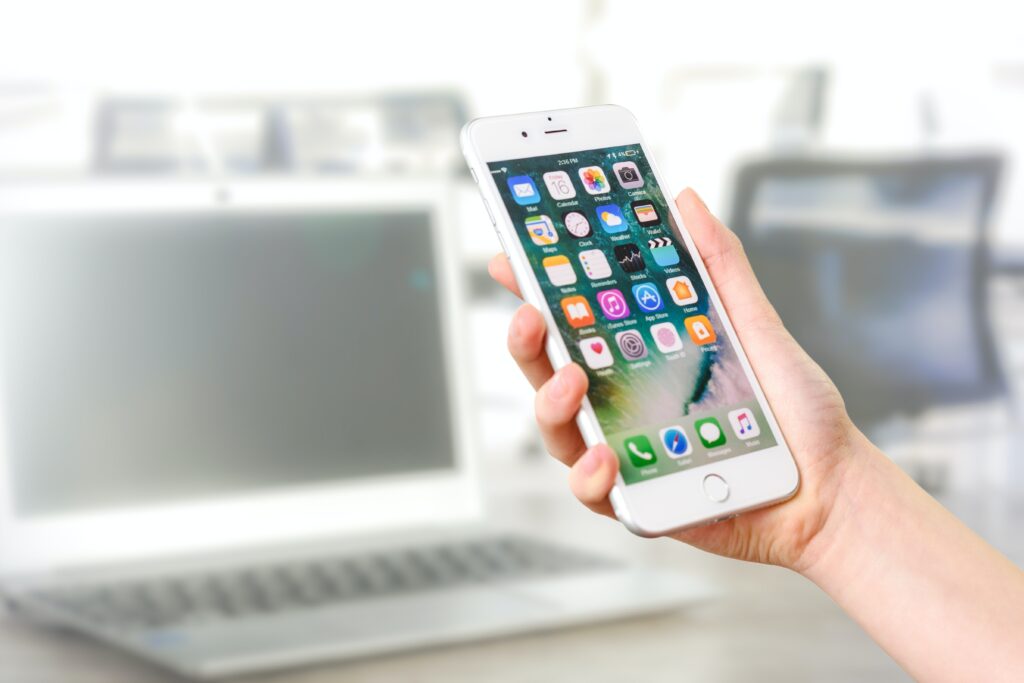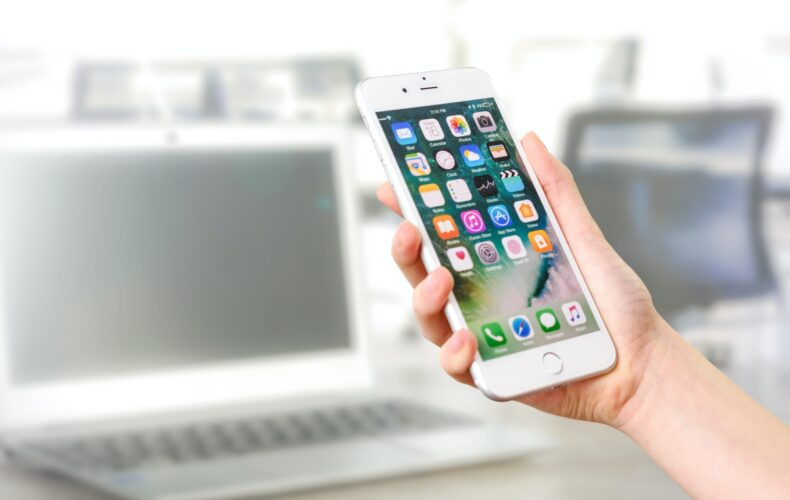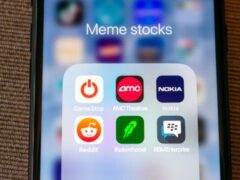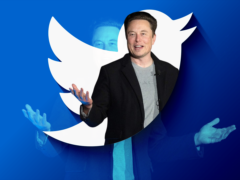According to one recent study, Twitter had nearly 436 million monthly active users as of January 2023. The only thing more impressive than that is the fact that just one month prior, it only had 366 million – representing a staggering amount of growth in a short amount of time. Twitter, by its nature, has been disruptive since its inception.

But now, thanks to new owner Elon Musk, it is especially so. The tech billionaire has recently changed the name of one of the most popular social networking platforms on the globe to X – a move that is worth examining for a number of key reasons with big implications for the future. Twitter is Dead. Long Live “X” To quickly get caught up to speed, keep in mind that Musk only closed his deal to purchase Twitter on October 27, 2022. He quickly became the company’s CEO, at which point he also dissolved the existing
Twitter board of directors. To say that a lot has happened in that time is a bit of an understatement. He completely changed the way Twitter identity verification works, turning it into a paid subscription service. He laid off nearly 50% of the Twitter workforce. His tenure has been so controversial that it has been said it was the main reason why Mark Zuckerberg and Meta developed the new platform Threads, which has more than a passing resemblance to the way Twitter previously looked and functioned.
The company has also lost roughly 66% of its value during this period by most estimates. Now, the Twitter branding is no more. In addition to a new name and logo, Musk has changed language like “retweet” and removed other references to its past. In its place is “X”, which Musk has said he hopes will become a state of “unlimited interactivity” for people around the world. In other words, he wants it to be something far grander than Twitter was or could ever hope to be. Something he says is centered in “audio, video, messaging, payments, banking,” and more. Disruption is in the Eye of the Beholder If nothing else, Elon Musk’s transformation of social networking giant Twitter into X is nothing if not a lesson on the very nature of disruption.
Even though the word itself often has a negative connotation, the truth is that it is neither inherently good nor bad. The perception has less to do with the act itself and is more about the interpretation of those observing it. When Steve Jobs walked across a stage in 2007 and introduced the iPhone to the world, few could have predicted just how much disruption he would cause. That device changed the way we think about personal computing, standalone GPS units, digital cameras, wireless communication – you name it. But at the time, it was met with a lot of skepticism.
After all, mobile phones had existed for years prior to that. Why should anyone care about this one in particular? Another example would be a group of Reddit users employing the Robinhood app to disrupt the way we think about the Stock Market, possibly forever. They used a mobile app to suddenly shift the balance of power on Wall Street in a way that there may be no going back from. But at the time, it was met with derision and laughter. A bunch of “know-nothing kids” trading stocks and sharing information with each other on a message board? You’ve been able to trade stocks online for years. Why should anyone care about this specific instance? What both those examples have in common is that the disruption they brought with them was simultaneously a positive and a negative depending on your point of view.
They were disruptive not necessarily in ways people wanted or how they expected, but were ultimately what they needed at that moment in history. As the great Henry Ford once said “if I had asked people what they wanted, they would have said faster horses.” All this is to say that, while Elon Musk’s transformation of Twitter into X is certainly being met with criticism in real-time, will that perception stand the test of time? Will this, too, be something that people one day look back on and think “that’s where it all started” in the same way they do about the iPhone? Does Elon Musk have a grand plan in mind, one that will also give the people not what they want but what they need? Or will this all go down as one of the most clear-cut examples of a brand in decline in the history of not only social media, but of business in general?
A master class in having a brand transition go so poorly that you end up potentially getting charged by the San Francisco authorities as a result of it? Right now, nobody can say for sure. But one thing is certain: X has already managed to be disruptive and will likely remain so for the not-too-distant future.





Leave a Reply